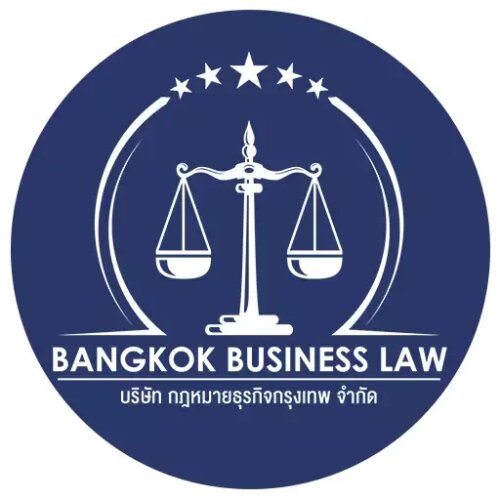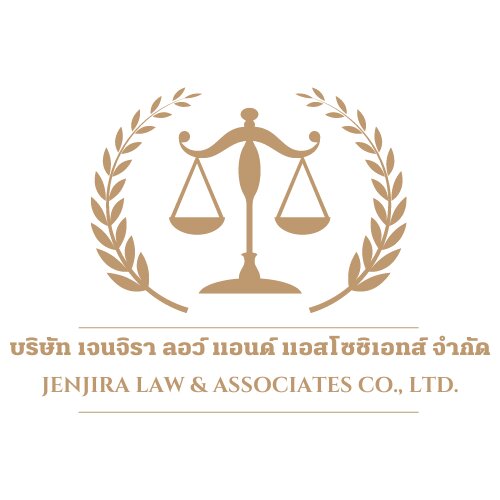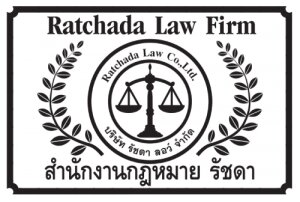Best Communications & Media Law Lawyers in Bang Kapi
Share your needs with us, get contacted by law firms.
Free. Takes 2 min.
List of the best lawyers in Bang Kapi, Thailand
About Communications & Media Law in Bang Kapi, Thailand
Communications & Media Law in Bang Kapi, Thailand covers a wide range of legal issues related to the broadcasting, telecommunications, and digital communication industries. This specialized legal field includes regulations regarding content creation, intellectual property rights, media ownership, advertising standards, digital privacy, and freedom of speech. Given the rapid technological advancements and the growing importance of media in daily life, understanding and navigating these laws is essential for individuals and businesses operating in the region.
Why You May Need a Lawyer
There are several situations where you might require the expertise of a lawyer specializing in Communications & Media Law in Bang Kapi, Thailand:
- Defamation Claims: If you are being accused of defamation or need to file a defamation case, legal advice can guide you through the necessary procedures.
- Intellectual Property Rights: Protecting your creative works or dealing with copyright infringement issues often requires professional legal assistance.
- Licensing and Regulation Compliance: Ensuring that your media company complies with local broadcasting and telecommunications regulations can be complex.
- Contracts and Agreements: Crafting, reviewing, or disputing contracts related to media productions, sponsorship deals, and advertising partnerships often requires legal expertise.
- Advertising Standards: Navigating the local laws on advertising to avoid fines and penalties.
- Privacy Issues: Understanding and complying with laws regarding data protection and privacy in digital communication.
Local Laws Overview
Bang Kapi, like the rest of Thailand, adheres to national laws concerning communications and media. Some key laws relevant to this sector include:
- Computer Crimes Act: Regulates online content and imposes penalties for cybercrimes including hacking, spreading misinformation, and defamation online.
- Broadcasting Act: Governs the rights and responsibilities of broadcasting entities, including licensing requirements and content restrictions.
- Film and Video Act: Regulates the production and distribution of films and videos to ensure content appropriateness.
- Intellectual Property Act: Protects copyrights, patents, and trademarks, ensuring that creators' rights are respected.
- Personal Data Protection Act (PDPA): Sets guidelines for the collection, storage, and use of personal data.
Frequently Asked Questions
What is defamation, and how is it handled under Thai law?
Defamation in Thailand involves making false statements that harm another person's reputation. It is both a civil and criminal offense, and penalties can include fines and imprisonment.
Can I use someone else's content in my media creation?
No, using another's content without permission can lead to copyright infringement issues. You would need to obtain proper licensing or permissions.
What are the penalties for violating the Computer Crimes Act?
Penalties for violating the Computer Crimes Act can range from fines to imprisonment, depending on the severity of the offense.
How can I ensure my advertising complies with Thai laws?
Adherence to standards set by the Consumer Protection Board and other relevant authorities is essential. Consultation with a legal expert can ensure compliance.
What should I do if someone violates my intellectual property rights?
Immediate consultation with an IP lawyer is advised. You can file a complaint with the Department of Intellectual Property or pursue civil litigation.
Are there specific licenses required for broadcasting in Bang Kapi?
Yes, operating a broadcasting entity requires specific licenses issued by the National Broadcasting and Telecommunications Commission (NBTC).
How does the Personal Data Protection Act affect my business?
The PDPA requires businesses to ensure data privacy and security, obtain consent for data collection, and allow users to access their data.
Can foreign media companies operate in Thailand?
Yes, but they must comply with local regulations and obtain the necessary licenses. Legal consultation is often required to navigate these regulations.
What are the legal considerations for online content creators?
Online content creators must comply with the Computer Crimes Act, Copyright laws, and PDPA, among others. Understanding these laws is crucial to avoid legal issues.
Where can I file a complaint against a media company?
Complaints can be filed with the Office of the National Broadcasting and Telecommunications Commission (NBTC) or the Office of the Consumer Protection Board (OCPB).
Additional Resources
Here are some resources and organizations that can be helpful for those seeking legal advice in Communications & Media Law:
- National Broadcasting and Telecommunications Commission (NBTC): The regulatory authority for broadcasting and telecommunications in Thailand.
- Department of Intellectual Property (DIP): Handles intellectual property rights and related complaints.
- Office of the Consumer Protection Board (OCPB): Regulates issues related to consumer rights and advertising standards.
- Thai Bar Association: Provides resources and referrals for finding qualified legal professionals in various fields.
- Ministry of Digital Economy and Society: Oversees issues related to digital media and cybersecurity.
Next Steps
If you find yourself needing legal assistance in Communications & Media Law in Bang Kapi, Thailand, here are some steps you can take:
- Consult a Lawyer: Contact a legal professional specializing in Communications & Media Law to discuss your case and get expert advice.
- Gather Documents: Prepare all relevant documents and evidence that may support your case or query.
- Understand Your Rights: Familiarize yourself with the basic laws and regulations related to your issue to better understand your legal position.
- File Complaints if Necessary: If your issue involves violations by others, you might need to file a complaint with the relevant regulatory body.
- Stay Updated: Laws and regulations can change, so stay informed about any updates in Communications & Media Law.
Taking these steps will help you navigate the complexities of Communications & Media Law more effectively and ensure that your legal rights are protected.
Lawzana helps you find the best lawyers and law firms in Bang Kapi through a curated and pre-screened list of qualified legal professionals. Our platform offers rankings and detailed profiles of attorneys and law firms, allowing you to compare based on practice areas, including Communications & Media Law, experience, and client feedback.
Each profile includes a description of the firm's areas of practice, client reviews, team members and partners, year of establishment, spoken languages, office locations, contact information, social media presence, and any published articles or resources. Most firms on our platform speak English and are experienced in both local and international legal matters.
Get a quote from top-rated law firms in Bang Kapi, Thailand — quickly, securely, and without unnecessary hassle.
Disclaimer:
The information provided on this page is for general informational purposes only and does not constitute legal advice. While we strive to ensure the accuracy and relevance of the content, legal information may change over time, and interpretations of the law can vary. You should always consult with a qualified legal professional for advice specific to your situation.
We disclaim all liability for actions taken or not taken based on the content of this page. If you believe any information is incorrect or outdated, please contact us, and we will review and update it where appropriate.










